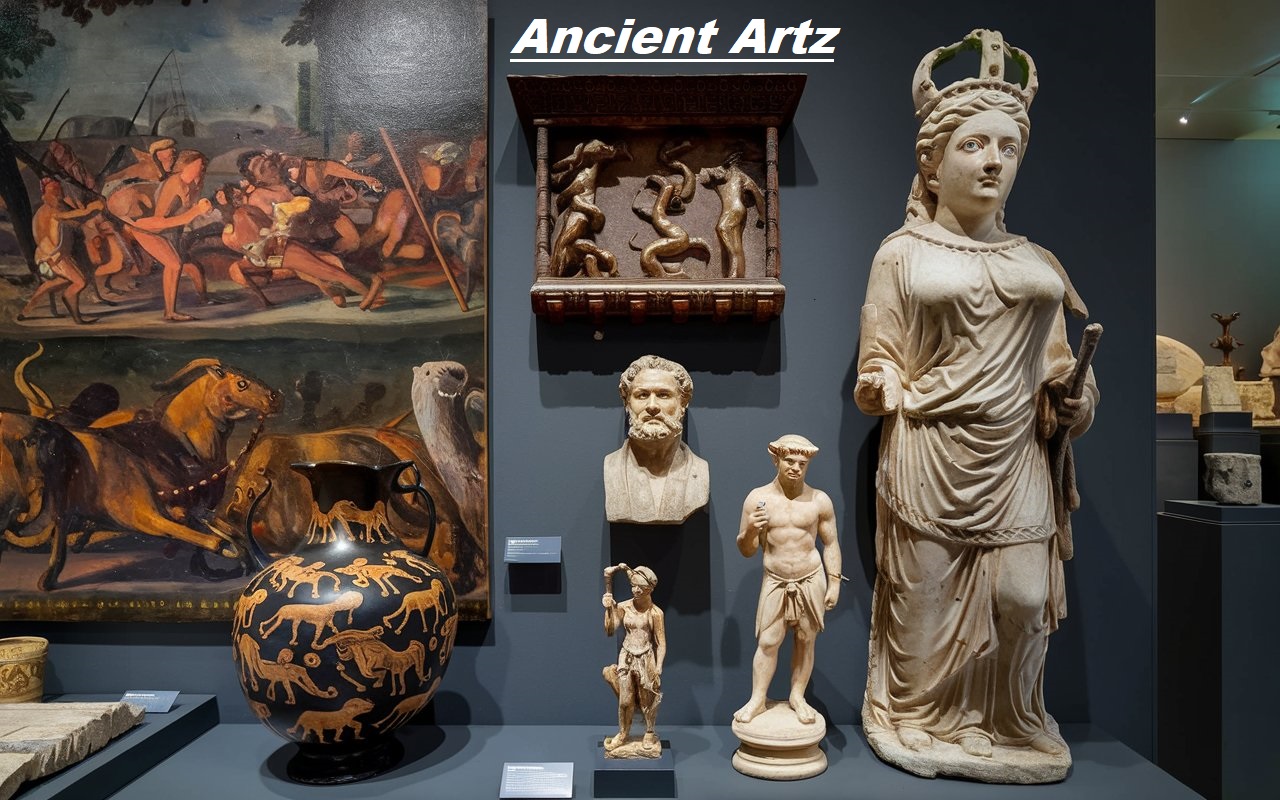Ferdinand Berthier’s legacy is an inspiring testament to the power of resilience and advocacy in Deaf education. Through his life’s work, Berthier championed the rights of Deaf individuals, transforming not only their access to education but also society’s perception of Deaf culture. His profound contributions to the Deaf community are still felt today, as his efforts laid the foundation for advancements in sign language recognition and Deaf rights. This article delves into his incredible journey, examining how his legacy continues to influence the world today.
Ferdinand Berthier: A Champion for Deaf Rights
Ferdinand Berthier was born in 1803 in Louhans, France, and became a central figure in the history of Deaf education. As a Deaf individual himself, Berthier fully understood the unique challenges faced by Deaf people in a society that largely marginalized them. Despite these hurdles, he rose to prominence through his exceptional intellect and passion for advocacy. Berthier was a student at the prestigious Institut National des Jeunes Sourds de Paris, where he would later become a teacher. His experience within this institution sparked his determination to fight for better treatment and recognition for Deaf individuals.
By the time he reached adulthood, Berthier was not only an educator but also a prolific writer and activist. His legacy rests in his tireless efforts to improve the lives of the Deaf community through education, advocacy, and recognition of sign language as a legitimate mode of communication.
The Early Life and Education of Ferdinand Berthier
The path that Ferdinand Berthier took toward becoming a trailblazer in Deaf education was shaped by his early life and the education he received at the Institut National des Jeunes Sourds de Paris. It was here that he encountered sign language in a formal setting, learning under the guidance of educators like Jean Massieu and Laurent Clerc. These figures were instrumental in the development of sign language education, and their influence on Berthier cannot be overstated.
Berthier’s academic success proved that Deaf individuals were capable of achieving intellectual milestones that society often denied them. He went on to become a teacher at the same institution, demonstrating his commitment to uplifting future generations of Deaf students.
Berthier’s Role as an Educator
In his role as an educator, Berthier was not content to simply teach within the confines of the classroom. He sought to fundamentally alter the way Deaf people were perceived in society, focusing on intellectual empowerment and cultural identity. He believed that education was the key to this transformation. By emphasizing the importance of sign language and Deaf culture, Berthier worked to establish a sense of pride within the Deaf community.
His teaching methods were innovative for their time. While oralism (the practice of teaching Deaf individuals to lip-read and speak) was gaining traction, Berthier staunchly defended the use of sign language, arguing that it was the most natural and effective way for Deaf people to communicate and learn.
The Establishment of the First Deaf Congress
Ferdinand Berthier’s legacy is closely tied to his role in organizing the first Deaf Congress in Paris in 1834. This event marked a watershed moment for the Deaf community, as it was the first time Deaf individuals had gathered to discuss issues that were important to them on a large, public scale. The congress not only brought together Deaf educators and activists but also helped to create a sense of solidarity within the community.
Through the congress, Berthier advocated for the recognition of sign language as a legitimate form of communication, challenging the dominant narrative that sought to suppress it in favor of oralist methods. This bold stance earned him recognition as a pioneer in Deaf rights.
Recognition from French Authorities
Ferdinand Berthier’s efforts did not go unnoticed by the broader society. In 1849, he became the first Deaf person to be awarded the prestigious Legion of Honour by the French government. This was a monumental achievement, not only for Berthier personally but also for the Deaf community as a whole. It was a sign that Deaf individuals were beginning to gain respect and recognition within French society.
The awarding of the Legion of Honour also validated Berthier’s work as an educator and activist, further cementing his status as a leader in the fight for Deaf rights. It showed that his efforts were not only appreciated by the Deaf community but also recognized at the highest levels of French society.
The Importance of Sign Language in Berthier’s Legacy
One of the most enduring aspects of Ferdinand Berthier’s legacy is his advocacy for the use of sign language. At a time when oralism was becoming the dominant method of Deaf education in many parts of the world, Berthier stood firm in his belief that sign language was a critical component of Deaf identity. He argued that suppressing sign language was tantamount to erasing an essential part of Deaf culture.
Berthier’s defense of sign language was more than just a pedagogical stance; it was a cultural one. He believed that sign language was not only a means of communication but also a way for Deaf people to express their unique identity and culture. His advocacy laid the groundwork for future generations of Deaf individuals to continue fighting for the recognition of their language and culture.
Berthier’s Influence on Modern Deaf Education
The impact of Ferdinand Berthier’s work can still be seen in modern Deaf education. His defense of sign language as a legitimate and vital part of Deaf culture helped to ensure that future generations of Deaf individuals would have access to education in their own language. Today, many Deaf schools around the world continue to teach in sign language, following the model that Berthier helped to establish.
Furthermore, Berthier’s legacy lives on in the broader Deaf rights movement. His work as an advocate for Deaf people’s rights and recognition set the stage for future activists who would continue to push for greater inclusion and accessibility for Deaf individuals in all aspects of society.
Ferdinand Berthier’s Legacy in the Global Deaf Community
Beyond France, Ferdinand Berthier’s legacy has had a global impact. His advocacy for Deaf education and the use of sign language has inspired movements around the world. In countries like the United States, the work of activists such as Thomas Gallaudet and Laurent Clerc mirrored Berthier’s efforts, helping to establish Deaf education systems that prioritized sign language.
In recent years, there has been a resurgence of interest in Berthier’s work, particularly as the Deaf rights movement continues to grow. His legacy is celebrated in both academic and activist circles as an example of how one individual can make a profound impact on an entire community.
Ferdinand Berthier Legacy Of Deaf education
The lasting legacy of Ferdinand Berthier is a testament to his unwavering commitment to improving the lives of Deaf individuals. His work as an educator, advocate, and leader laid the foundation for many of the advancements. We see in Deaf rights and education today. Berthier’s belief in the power of sign language and his dedication to the Deaf community. Continue to inspire activists and educators around the world.
Today, the Deaf community owes much to Berthier’s pioneering efforts. Without his advocacy, sign language might not have gained the recognition it enjoys today. His influence can be seen in the policies, educational programs, and cultural movements that continue to empower Deaf individuals globally.
Frequently Asked Questions
Who was Ferdinand Berthier?
Ferdinand Berthier was a 19th-century French educator and activist who played a pivotal role. In advancing the rights of Deaf individuals. He was a strong advocate for the use of sign language in Deaf education. Founded the first Deaf Congress in Paris.
What did Ferdinand Berthier advocate for?
Berthier advocated for the recognition of sign language as a legitimate form of communication. He worked tirelessly to improve the rights and education of Deaf individuals. He also opposed oralism, a method that focused on teaching Deaf people to speak and lip-read.
How did Ferdinand Berthier contribute to Deaf education?
As a teacher at the Institut National des Jeunes Sourds de Paris. Berthier emphasized the importance of using sign language in education. He was a pioneer in Deaf pedagogy and an outspoken advocate for Deaf culture.
What is Ferdinand Berthier’s legacy?
Berthier’s legacy lies in his contributions to Deaf education and the global recognition of sign language. His work as an advocate, educator, and leader continues to influence Deaf rights movements and educational practices worldwide.
How did Ferdinand Berthier influence Deaf rights globally?
Berthier’s advocacy for Deaf education and sign language in France had a ripple effect globally. His ideas influenced Deaf educators and activists in other countries, particularly in the United States. Where figures like Thomas Gallaudet followed in his footsteps.
Why is Ferdinand Berthier significant to the Deaf community?
Berthier is significant because he fought for the recognition of Deaf individuals as intellectual equals and promoted. The use of sign language, which is central to Deaf culture and identity. His work laid the groundwork for many of the rights and advancements Deaf individuals enjoy today.
Conclusion
Ferdinand Berthier’s legacy is one of profound influence and lasting impact. His tireless advocacy for Deaf education and sign language has left an indelible mark on the world. Ensuring that future generations of Deaf individuals have the opportunity to learn. Communicate in their own language. As a champion for Deaf rights, Berthier’s work continues to inspire educators, activists, and the global Deaf community.









